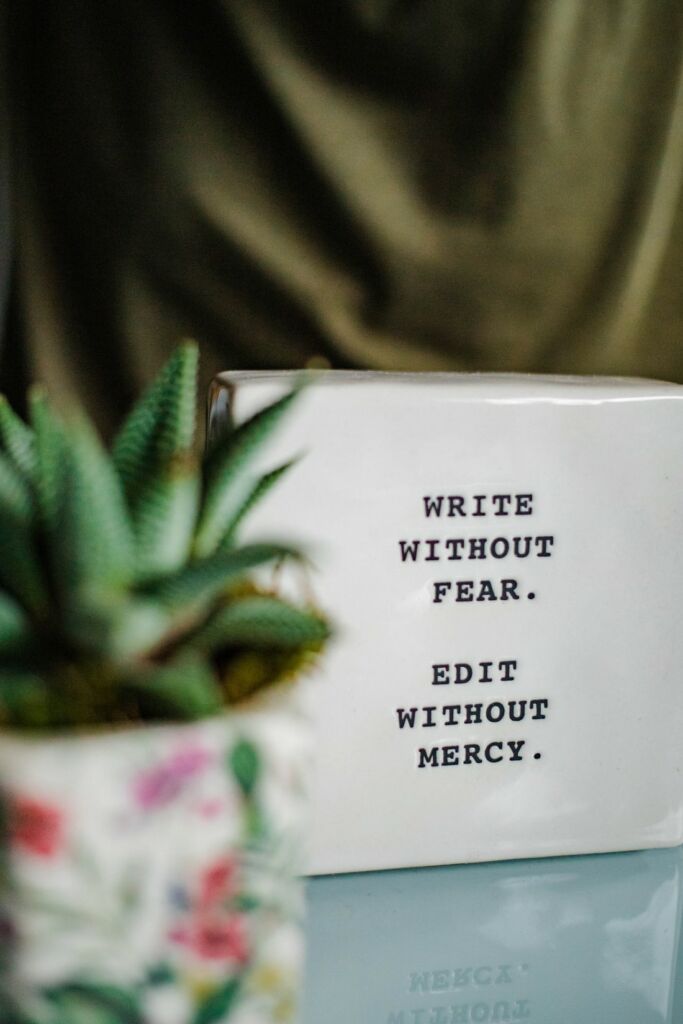Take Care to give your story a great ending
Tieing up all the parts for a good ending takes care and can mean the difference between an average or great story… Are there new revelations? Will there be a change to a characters life? And are they any key details you’ve missed?
With all of these thoughts buzzing in your head, it’s easy to forget that an important aspect is to make it believable for the reader. Whether it’s good, bad or sad, if the end of a story falls short compared to the rest of the narrative, readers will come away feeling unsatisfied. That being said, there are a lot of ways to keep your writing from taking that direction.
One of the best strategies is to develop your ending when you start planning:
Figuring out your end goal before you even start writing can help you to iron out the little details and have a better idea of what it is you want to achieve.
- Start with an idea or story concept and at least one main protagonist.
- Plot out the story, the story arch and the key milestones that happen throughout the way.
- From there think of what happens to the character at the end of the story and how this will link to the concept.
- Don’t forget to note down any other key information, such as environments, side characters, etc.
It’s also good to know some of the elements for creating a believable ending: Plot, character and story world context.
The ending needs to tidy up loose ends and answer remaining questions that the audience might have from the plot. Try seeing if there’s anything you might’ve left out so far by going back over your work and noting down all of the major and minor plot points so that you can refer back to them as you keep writing.
If you’re thinking of making the story open ended, then there’s a certain amount of leeway you have when finishing the plot.
Make a list of all the details that need to be addressed, and another one that shows anything which can be left alone for the reader to interpret themselves. You can organise this any way you like – on a notepad, a diagram, the back of a receipt, etc. As long as you have a way of remembering this information, go for it.
There are also the characters, which are one of the most flexible parts of a story. They change and develop along with the plot, so you need to be aware of their beliefs and personality when approaching the end, or else it can cause issues. If a character goes against their own philosophy, show that this is something that is possible for them to do beforehand. Such as using techniques like flash forward or small hints that the readers can eventually understand the meaning of once the character change has happened.
Lastly, story world context can impact how powerful an ending is. So observe the worldly implications of an ending that may affect your story.
Fantasy worlds…
tend to have simple story structures that finish with a happy or bittersweet end, but finishing a fantasy story on a cliffhanger wouldn’t be appropriate. Likewise, Science fiction stories usually feature certain philosophical debates, like man versus machine, and if the ending doesn’t reflect that debate then the message will get lost.
Keep in mind the best route for the direction of your story as you build-up to the finale.

One of the reasons why stories can end badly is because of a clash between the central theme and the actions
Every story has a theme which links the characters, story world and plot together. Your central theme will show itself in various ways throughout the course of the narrative so that the message of the story is repeatedly shown to the audience until they can understand the meaning behind it. However, if the ending of a story does not resonate with the theme, it can be off-putting to readers and cause them to stop being engaged.
When you aren’t sure whether your ending is believable to a reader or fellow writer, do the one thing we all either forget or loathe to do – ask someone for help. Sometimes we miss things that others are able to pick up when they read our work, and when trying to nail down an ending having another opinion can give us a different perspective we didn’t think of.
If you want to learn more about how to write stories, check out the story craft section of the website for more information and guidance.





Leave A Comment